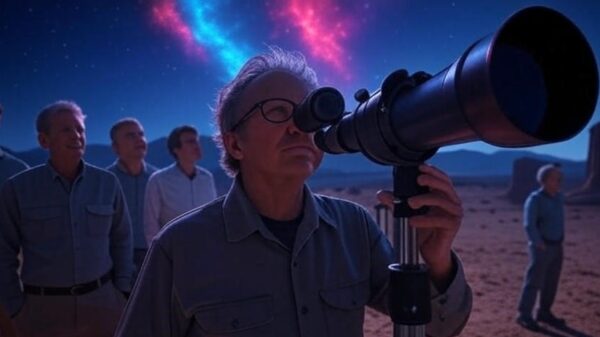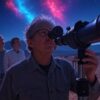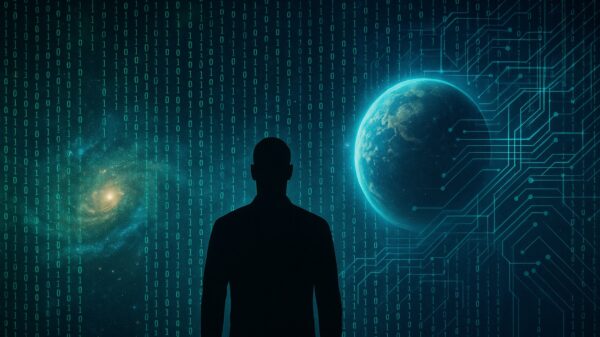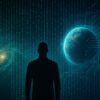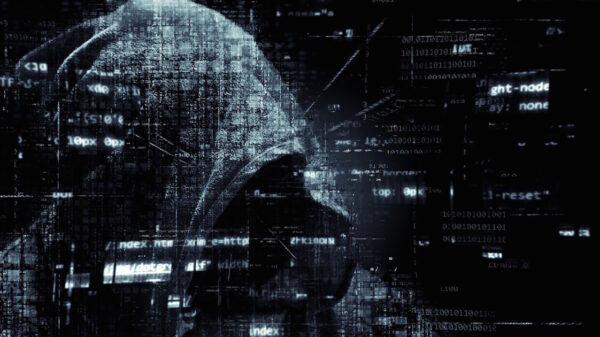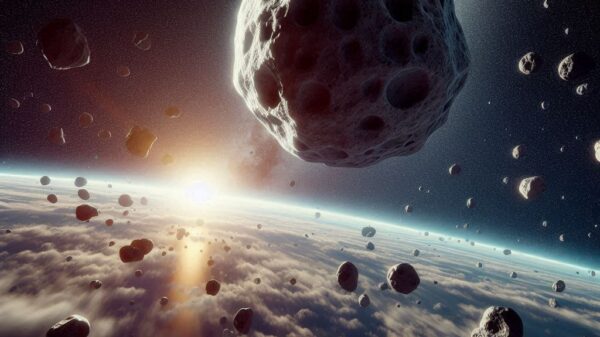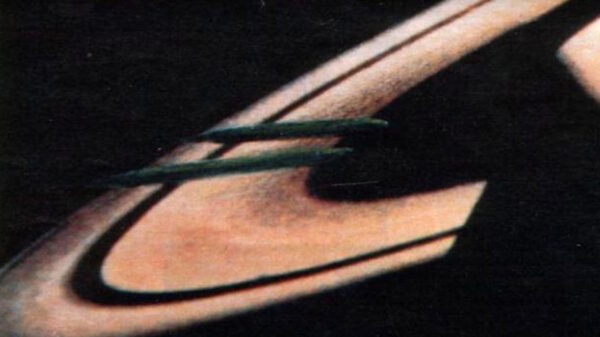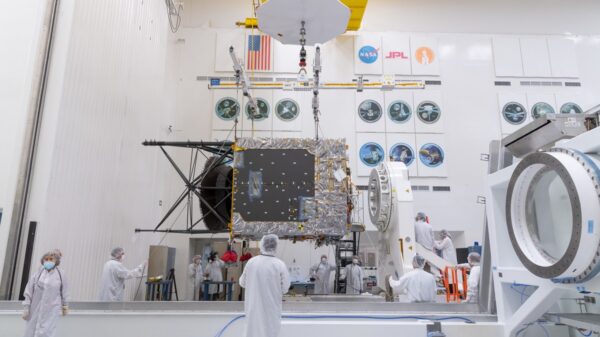The notion that we exist within a computer simulation was once a mere science fiction spectacle. However, the lines between fiction and reality may not be as definitive as we once believed. Thomas Campbell, a former NASA physicist and visionary, is convinced that our reality is a virtual simulation and is determined to demonstrate this through experimental evidence.
Former NASA physicist Thomas Campbell has initiated a pioneering experiment to ascertain if our universe is in fact a computer simulation, inspired by theories made famous by movies such as The Matrix.
The search for Simulated Reality
Is it possible that our existence is confined to a simulated reality instead of the physical universe we perceive? The intriguing concept, popularized by the 1999 hit film The Matrix, is currently undergoing experimental investigation.
In 2017, Campbell published a paper in the scientific journal The International Journal of Quantum Foundations. In the text, he outlined a series of experiments that he thinks could revolutionize our perception of reality.
Seven years on, a group of scientists from California Polytechnic University, motivated by Campbell’s concepts and backed financially by his non-profit, the Center for the Unification of Science and Consciousness (CUSAC), initiated their research.
Their inaugural experiment is a variation of Thomas Young’s renowned double-slit experiment. Traditionally, this experiment involves passing a light beam (photons) through two slits. In the absence of an observer, the photons exhibit wave-like behavior, whereas the presence of an observer causes them to behave as particles.
Campbell posits that the universe operates on a principle similar to an observer effect; without an observer, he suggests, the world as we know it ceases to exist and only materializes in its familiar form when we observe it again.
Consider a typical video game where you navigate a virtual world, exploring and battling monsters. This world only renders when observed. When not in view, it exists merely as dormant code that springs to life upon your return.
This concept is fascinating. It remains a hypothesis for now, but what if Campbell is onto something? What if our existence is akin to a vast video game, governed not by the laws of physics, but by lines of code?
Video reviews of Campbell’s proposed experiments can be viewed here.
We are not alone in the universe… or perhaps in simulations?

Campbell is not alone in his conjectures. In 2003, Swedish philosopher Nick Bostrom proposed the “ancestor simulation” theory, suggesting that advanced civilizations could create universe simulations so convincing that the inhabitants would be unaware of their simulated reality.
These civilizations, once they reach a certain developmental threshold, might also start creating their own simulations, leading to an infinite regress of realities, akin to a nested Russian doll, where most intelligent entities exist within simulations.
Campbell’s hypothesis diverges from Bostrom’s “ancestor simulation” by emphasizing the crucial role of human consciousness. He posits that consciousness is not merely an outcome of the simulation but an essential component; without conscious observers, the simulation would cease to exist.
At last, some scientists are approaching the Gnostic and Hermetic concept that our world is the Dream of the Creator, an astral matrix where the slumbering creator’s Consciousness conjures an illusion we accept as reality.
When the creator awakens, the illusory world will vanish. Illusions are temporary, as matter is finite. True reality, however, is everlasting.



